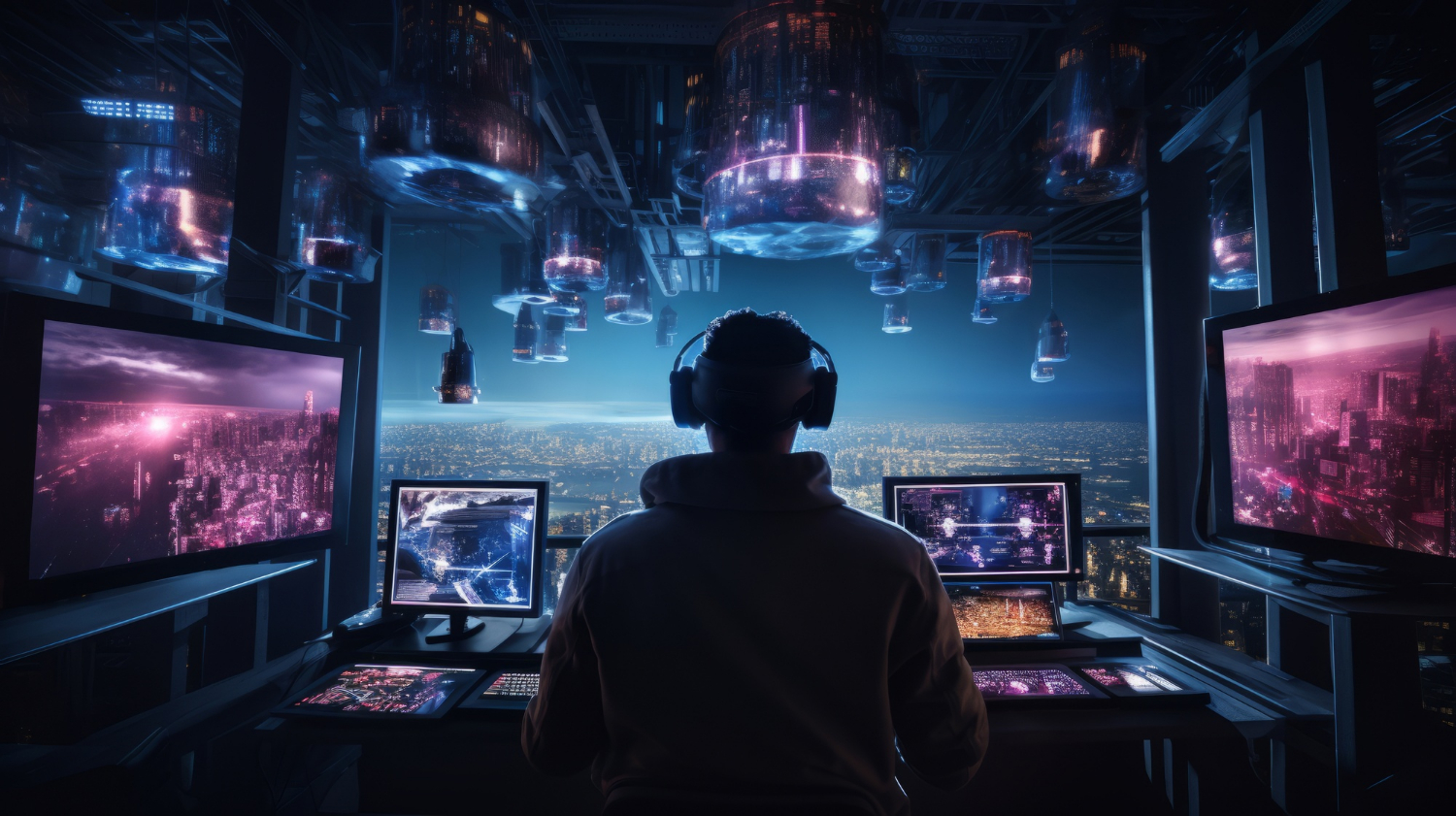Creating stunning visual effects (VFX) requires not only creativity and skill but also the right tools. From software to hardware, various technologies can help artists bring their imaginative visions to life. This article will explore some essential tools that can enhance your VFX projects and improve your skills through specialized training.
Software for VFX Creation
1. Compositing Software
Compositing software is at the heart of VFX production. Programs like Adobe After Effects and Nuke allow artists to combine various visual elements into a single scene. These tools provide layers, masks, and effects that enable seamless integration of live-action footage with CGI elements. Learning how to use these applications effectively is crucial for anyone interested in a VFX course in Udaipur, where budding artists can enhance their skills.
2. 3D Modeling Software
To create realistic VFX, 3D modeling software is indispensable. Applications such as Blender and Autodesk Maya are widely used in the industry. They allow artists to create detailed 3D models that can be animated and integrated into scenes. Mastering these tools can significantly elevate the quality of your work, making it more appealing in a competitive market. VFX training in Udaipur can provide hands-on experience with these powerful programs, giving learners a solid foundation in 3D design.
3. Motion Graphics Software
Motion graphics add dynamism to VFX projects, and tools like Cinema 4D specialize in this area. This software allows artists to create animated graphics and effects that can enhance storytelling. Understanding motion graphics can broaden your skill set and make you more versatile in your VFX work.
Hardware Considerations
1. Powerful Computers
VFX creation is resource-intensive, so having a powerful computer is essential. Look for systems with high-performance graphics cards, ample RAM, and fast processors. A workstation capable of handling complex tasks will streamline your workflow and improve your productivity. Investing in reliable hardware can make a significant difference in how efficiently you can execute your VFX projects.
2. Drawing Tablets
For artists, drawing tablets can be invaluable tools for creating detailed designs and animations. These devices allow for precise input, making it easier to sketch, paint, and manipulate graphics. Many professionals in the VFX industry rely on drawing tablets to enhance their creative process.
Online Resources and Communities
1. Tutorials and Forums
The internet is filled with tutorials and forums dedicated to VFX. Websites like YouTube and various online learning platforms offer valuable resources for both beginners and advanced artists. Engaging with these communities can provide insights, tips, and support from fellow VFX enthusiasts. Joining forums and participating in discussions can help you stay updated on industry trends and tools.
2. Workshops and Training Programs
Participating in workshops and training programs can accelerate your learning process. Many institutions offer specialized courses focusing on different aspects of VFX, from compositing to animation. These structured learning environments often include hands-on projects, allowing students to apply their knowledge and gain practical experience. A VFX course in Udaipur can provide valuable instruction and networking opportunities, helping aspiring artists grow their skills and connect with industry professionals.
Conclusion
Creating incredible VFX involves using a combination of the right tools and techniques. Whether it’s software for compositing, 3D modeling, or motion graphics, understanding how to utilize these tools is essential for any aspiring artist. Investing in powerful hardware, utilizing online resources, and participating in training programs can significantly enhance your abilities. By mastering these tools and continuously learning, you can take your VFX projects to new heights and stand out in the industry.

